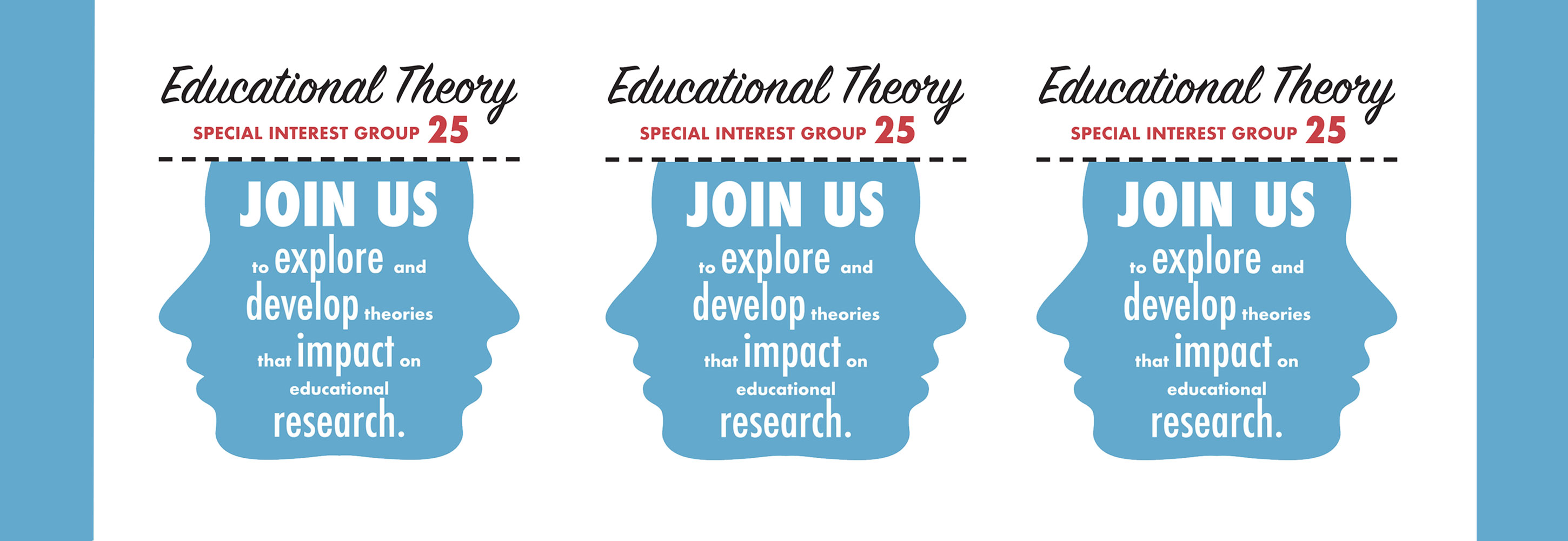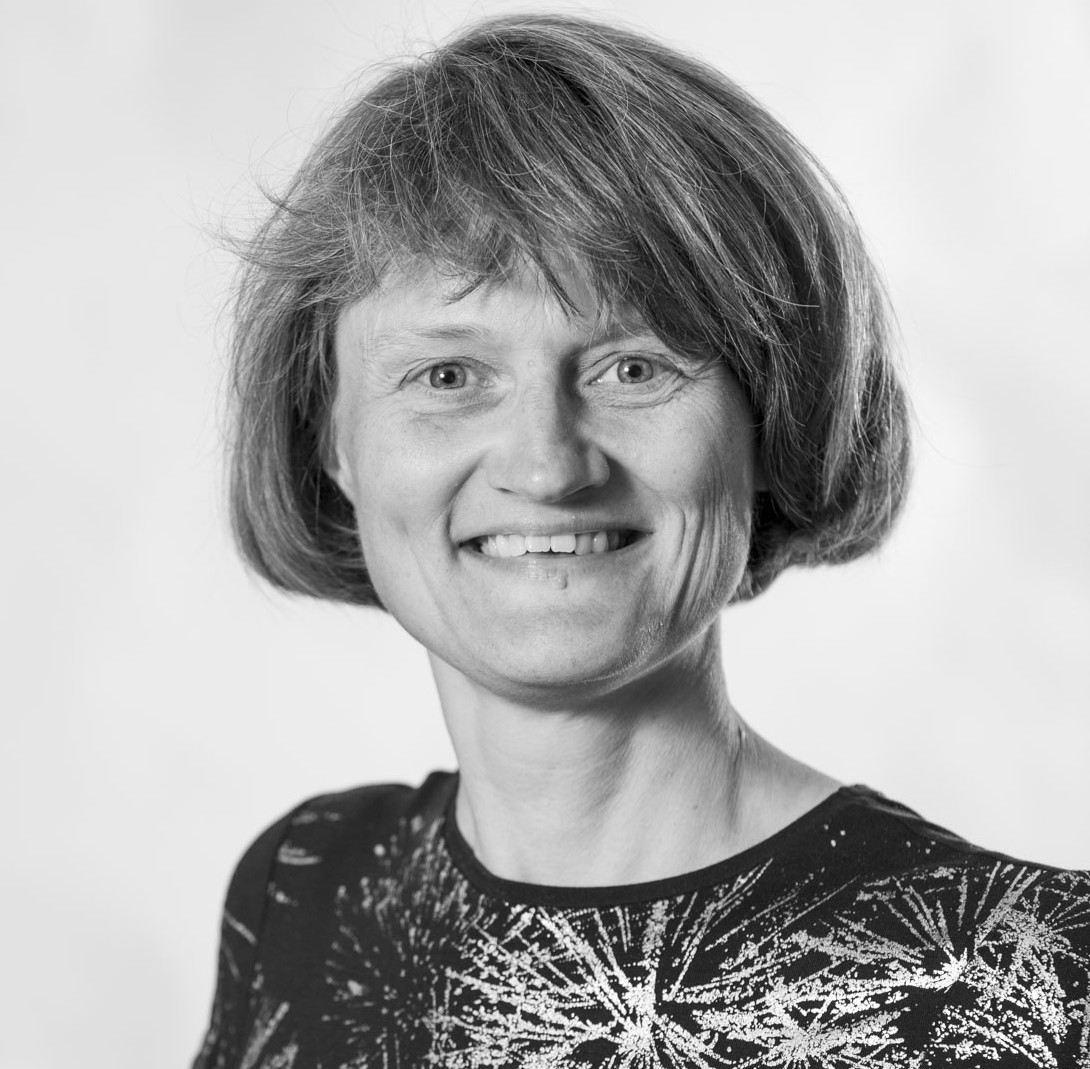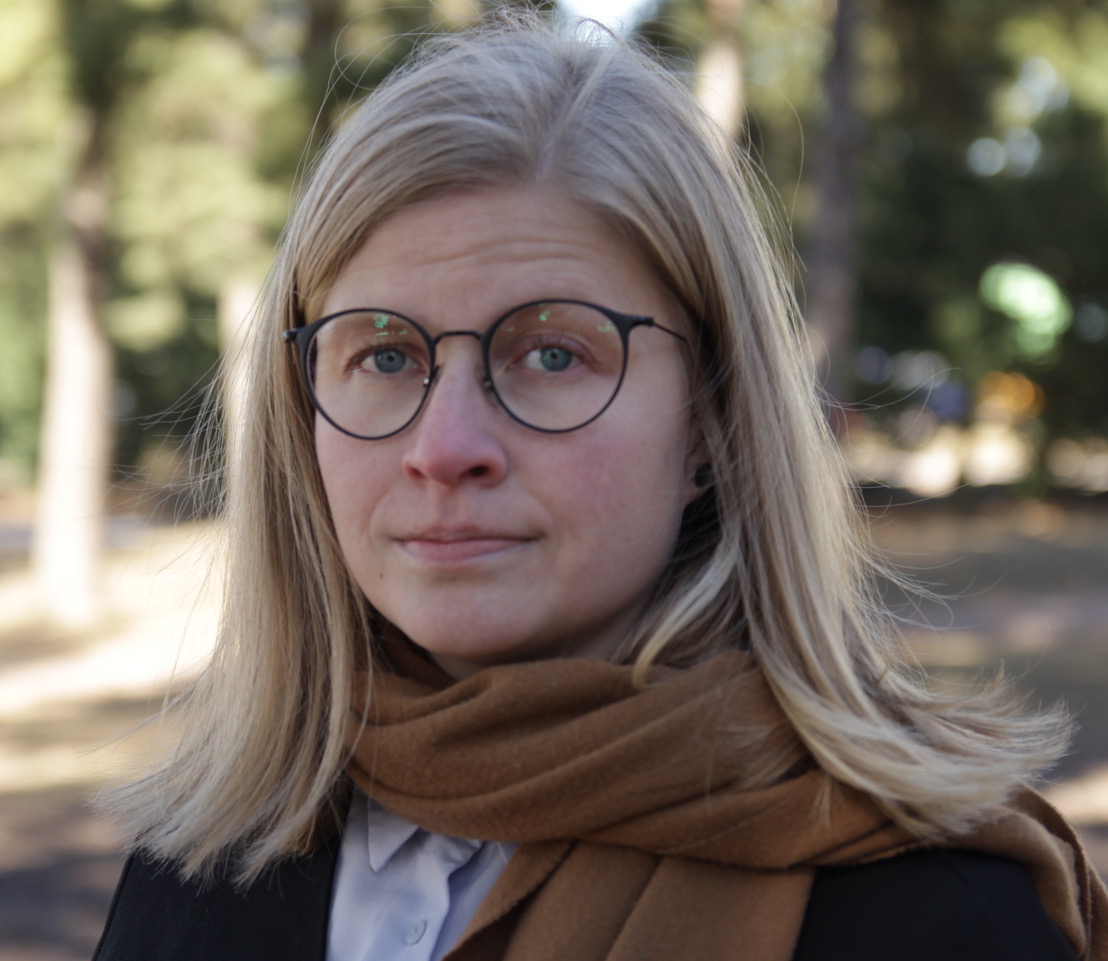SIG 25 NEWSLETTER - 2/2019

Dear members of SIG25 - Educational Theory,
This is the second issue of our renewed newsletter. Firstly, below you will find some details concerning the activities that our SIG will carry out during the EARLI 2019 conference, including the invited symposium, the SIG business meeting, the SIG dinner and the policy council. There is also a link of how to register for the SIG Dinner in Aachen. Please do register ASAP as we need to ensure that there will be enough places at the restaurant.
Secondly, you will find the announcement of the new sig coordinators that were elected last month. They will take charge during the SIG business meeting in Aachen, when Rupert Wegerif and Giuseppe Ritella will step down from their roles.
Thirdly, we will introduce a new section of the newsletter, which consists of a series of interviews to leading scholars on the role of theory in educational sciences. For this issue of the newsletter, we are glad to present two interviews, one with Eugene Matusov and the other with Michael Uljens. We are grateful to Tina Kullenberg who took responsibility to carry out these interviews and write a brief introduction. Below you will find Tina's introduction of the interviews, each followed by a link to the full text of the interview. Soon we will also post the full text on our social media and invite the community to discuss the issues addressed in each interview.
Finally, you fill find a section containing news and announcements that have been shared by SIG members.
We look forward to meeting many of you in Aachen!
Best Wishes,
Giuseppe, Antti & Rupert
EARLI 2019 in Aachen
The EARLI 2019 Biennial Conference will be held in Aachen between August 10 and August 16. You are all warmly welcome to join the inspiring SIG 25 activities:
The SIG 25 Invited Symposium: How can peer reviewing be made fair for all theoretical frameworks in EARLI and beyond?
SIG 25 on Educational Theory organizes a panel to discuss and debate how theoretical and paradigmatic differences should be reflected in the peer review process and how ‘quality’ is understood in the editorial process. Peer review is a crucial part of what makes scholarly contributions scientifically legitimate. It has always been debated but under recent years these debates have become fierce, with many academics saying that peer review is in crisis. Due to the fragmentation of educational research in the postmodern times, research paradigms tend to have their own journals and publication venues characterized by distinct communities of authors and reviewers and incommensurable criteria of what counts as publishable research. This panel calls for more interaction and debate across paradigms. Such a dialogue requires that attention is paid to the ontological, epistemological and methodological frameworks underlying a given study when assessing its worth. The panel will also discuss important practical issues of peer reviewing and their implicit impact on how quality is determined, such as automated systems and management of big numbers of submissions; relations between reviewers and editors in the editorial process; the dominance of Anglo-American writing style marginalizing other national and linguistic academic traditions, especially of Global South. The panelists have been selected to represent a variety of SIGs and voices in the EARLI community. They all have experience of journal editing and some of them are currently editors in EARLI journals.
Panelists:
Eugene Matusov (University of Delaware) & Ana Marjanovich-Shane (Independent scholar)
Roger Säljö (University of Gothenburg)
Lars-Erik Malmberg (University of Oxford)
Crina Damsa (University of Oslo)
Rupert Wegerif (University of Cambrige)
Chairs:
Antti Rajala (University of Helsinki)
Giuseppe Ritella (University of Helsinki)
SIG Business Meeting
Please note that this is an inclusive meeting, everyone is welcome!
The SIG 25 Business Meeting at the EARLI 2019 conference in Aachen will take place on Tuesday, August 13th, from 17:15-18:15.
The place of the business meeting is Seminar Room - S01 in C.A.R.L building.
SIG Dinner
After the SIG meeting, we will have a joint dinner with SIG 10 and SIG 21. The dinner will take place at the restaurant Kaiserwetter - Alter Posthof 13., on Tuesday, August 13th at 19:45. Restaurant menu is available at http://kaiserwetter-ac.de/speisekarte-karree/
Since there is a limited number of seats according to the current booking, we would like to ask you to fill in a form informing us if you are planning to join the dinner. In this way we can try to arrange things according to the expected number of participants. To fill in the form, please click on the following link <click here>.
Policy Council
The SIG coordinators will take part in The EARLI Policy Council and EARLI SIG Coordinator meetings. If you have any issues that you would like us to raise during these meetings, please contact antti.rajala@helsinki.fi.
New SIG coordinators
We would like to thank you very much for the participation in the election of our SIG coordinators. We are happy to announce that
- Nina Bonderup Dohn, from the University of Southern Denmark. will take charge as SIG Coordinator.
- Alexandra Nordström, from the University of Helsinki, will take charge as JURE coordinator.
We congratulate Nina and Alexandra for their election! The official transition will take place at the EARLI SIG 25 Business Meeting at EARLI 2019 in Aachen. Below you can find the introduction and photo of each new coordinator.

Nina Bonderup Dohn
Bio
Nina Bonderup Dohn, is Professor of Learning & ICT, Head of Centre for Learning Computational Thinking and Associate Chair at Danish Institute for Advanced Study, University of Southern Denmark. She holds an MA in Philosophy and Physics; a PhD in Learning Theory; and a Higher Doctorate Degree in Applied Philosophy. She is a member of the Steering Committee of the biannual International Networked Learning Conference. Southern Denmark. She has been a Visiting Scholar at the Centre for Research on Learning and Innovation, University of Sydney (2018 and 2013–2014) and at the Department of Philosophy, University of California, Berkeley (2009–2010 and 2000–2001). Her research area integrates epistemology, learning sciences, web communication, and technology-mediated learning, with a focus on the role of tacit knowledge. Her publications include Epistemological concerns: querying the learning field from a philosophical point of view, dohn.sdu.dk(Professorial Thesis), Designing for learning in a networked world, Routledge, “Explaining the significance of participationist approaches for understanding students' knowledge acquisition”, Educational Psychologist, “Roles of Epistemology in Investigating Knowledge: "Philosophizing With"”, Metaphilosophy and “Affordances revisited: Articulating a Merleau-Pontian view”, International Journal of Computer-Supported Collaborative Learning. Her webpage is found here: https://portal.findresearcher.sdu.dk/en/persons/nina
Motivation statement
When I started attending EARLI conferences, I was disappointed to find the general sentiment in the community towards theorizing one of disinterest. Of course, in SIG25 I found a subcommunity with a different view and happily joined. Still, the overall attitude in EARLI differs markedly from other research communities I am part of: In Denmark, theory is given high priority within educational research. The same goes for my international research communities of Designs for learning (Scandinavian anchorage) and Networked Learning (European-based global community). My aim as a Coordinator will be to promote theorizing within EARLI. I shall do this e.g. by working to make joint conferences and seminars with a greater number of SIGs than has been done until now. I shall also do it by introducing and promoting SIG25 to my large theoretically interested Danish and international network. There are potentially a great number of future SIG25 members in my network (and further on in their networks). Getting them involved in the SIG’s activities will work to shift the balance in favour of more theory within EARLI: directly through the theoretically informed research they add and indirectly through the networking contacts they presumably will make with other EARLI members.

Alexandra Nordström
Biography
Alexandra Nordström is a PhD candidate in the School, Education, Society, and Culture Doctoral Programme at the University of Helsinki. She holds a Master of Social Sciences with focus on educational sociology. Her research themes include young children’s emotion and affect, interaction, participation, sociocultural theories, multiliteracies pedagogy, and visual research. Alexandra’s current project is ‘The Joy of Learning Multiliteracies’ research and development programme. She has extensive experience in project management and planning, and has an interest in exploring and developing theories, and applying quality research techniques and designs in her research. She is a member of the Playful Learning Center, and the Learning, Culture and Interventions expert group in the Faculty of Educational Sciences at the University of Helsinki.
For latest publications, activities and projects please visit her homepage: https://tuhat.helsinki.fi/portal/en/person/anordstr
Motivation statement
Dear members of SIG 25,
I am applying for the position as JURE Coordinator for SIG 25 - Educational Theory. I am highly motivated to further the aims of the SIG, as stated in the Mission statement, and to assist and support the SIG Coordinators in organising activities connected to the work of the SIG. I am also interested in providing opportunities for early career researchers to connect, network, and learn together with more experienced researchers.
I have a particular interest to enhance the accessibility and availability for the SIG members to share knowledge and their own research within and outside the SIG, during EARLI and SIG activities, but also for example through the SIG newsletter and webpage.
My previous professional experiences in project management and planning will be an advantage in organising activities, communicating with members and disseminating the work of the SIG.
SIG25 Interview Series: The role of theory and philosophy in educational science
INTERVIEW WITH EUGENE MATUSOV: THEORY AND PRACTICE RELATIONSHIP IN DIALOGIC PEDAGOGY
In this interview, Eugene Matusov develops his take on an alternative to what he sees as a positivist paradigm and its associated concept(s) of truth. In doing so, he explicates the relationship between theory and practice and contemplates the role of dialogue. However, he is not talking about dialogues in general, but a particular dialogic attitude: personalized dialogues which radically turn to the subjectivity of all research participants rather than seeking to erase it, or hide it. The researcher’s own subjectivity is no exception. What kind of educational research could we expect from that, and how to conceptualize such an approach?
Tina Kullenberg
___________________________________________
INTERVIEW WITH MICHAEL ULJENS: NON-AFFIRMATIVE THEORY AND ITS LINK TO HUMAN SCIENCE PEDAGOGY AND DEMOCRACY
From the perspective of philosophy of science, Michael here urges the field (and EARLI!) to rethink the conventional links between learning and instruction; a relation in need of careful examination due to historical influences. What he suggests in order to deal with reductionist tendencies in psychological educational research is the return todidactics: philosophical pedagogy that more seriously recognizes the learner’s subjective processes of meaning making, and the problems of teaching. He is especially concerned about the democratic paradox of pedagogical action: a central question for his own “non-affirmative theory” (NAT).
Tina Kullenberg
Announcements: Call for papers
CHILDHOOD AND TIME: The IX Conference on Childhood Studies
Tampere University, Finland, 11–13 May 2020
The theme of the biennial Childhood Conference in 2020 is Childhood and Time. The theme is deliberately broad and designed to invite scholars to discuss timely perspectives on childhood across a broad spectrum. We hope to inspire lively debates about how childhood and time interweave from different disciplinary and interdisciplinary perspectives.
The conference is organised by Tampere University, the Tampere Centre for Childhood, Youth and Family Research PERLA, and the Finnish Society for Childhood Studies.
Keynote speakers: Prof. Veronica Pacini-Ketchabaw, Prof. John Potter and Prof. Kaisa Vehkalahti
Panel discussion: Prof. Erica Burman, Dr. Stephanie Olsen, Prof. Spyros Spyrou and Prof. Hanne Warming
Individual abstract submissions for workshops and poster sessions as well as proposals for self-organised symposia are welcome. Abstract submission opens on the 1st November 2019 and closes on the 15th January 2020. Notifications on acceptance will be sent by 15th February 2020.
Topics include but are not limited to:
- Modern and postmodern conceptions of time and childhood
- Children and childhood over time: histories of childhood and temporal structurings of childhood across time and spaces
- Children and future, including social, economic, political and environmental problems and alternative futures
- Age, development and notions of the normal in childhood related to time and the measurement of time
- Time and temporality in children’s everyday life, including children’s experience and time, children’s conception of time, children’s time use, routines, schedules, celebrations, calendar time, children and nature times, and performativity of temporality in childhood
- Children’s time, family time, institutional time and societal time, the management of time and regulation and surveillance of children through time
- Children’s emotions, body, space, gender, class and time
- Childhood and non-Western and Indigenous conceptualizations of time, such as Sami conceptions of time and ancestry or the Australian Indigenous notion of Dreamtime
- The role of time and temporality across the life course, age and generation in the study of childhood
- The politics, governance and commodification of time in childhood
- Childhood in a digital age
- Continuities and changes in childhood over time
- Time and temporality in the rhetoric and politics of childhood
Abstract submission
The electronic form for abstract submission will be made available on the conference website in October 2019. Please, submit your abstract of no more than 350 words by 15th January 2020. Abstracts should be in English.
Schedule
1st November: Call for papers opens
15th January 2020: Deadline for abstract submissions
15th February 2020: Notification of acceptance
15th February 2020: Registration opens
29th April 2020: Deadline for conference registration
Have a look at the complete CFP here: https://events.tuni.fi/childhood-2020/call-for-papers/
Follow us on Twitter @Childhood2020 #childhood2020
For more information, please visit our website
Announcements: Publications
Säljö R., Cestari M.L. (2019) Researching Classrooms in Search of Learning: Theoretical and Methodological Considerations. In: Kilhamn C., Säljö R. (eds) Encountering Algebra. Springer, Cham
